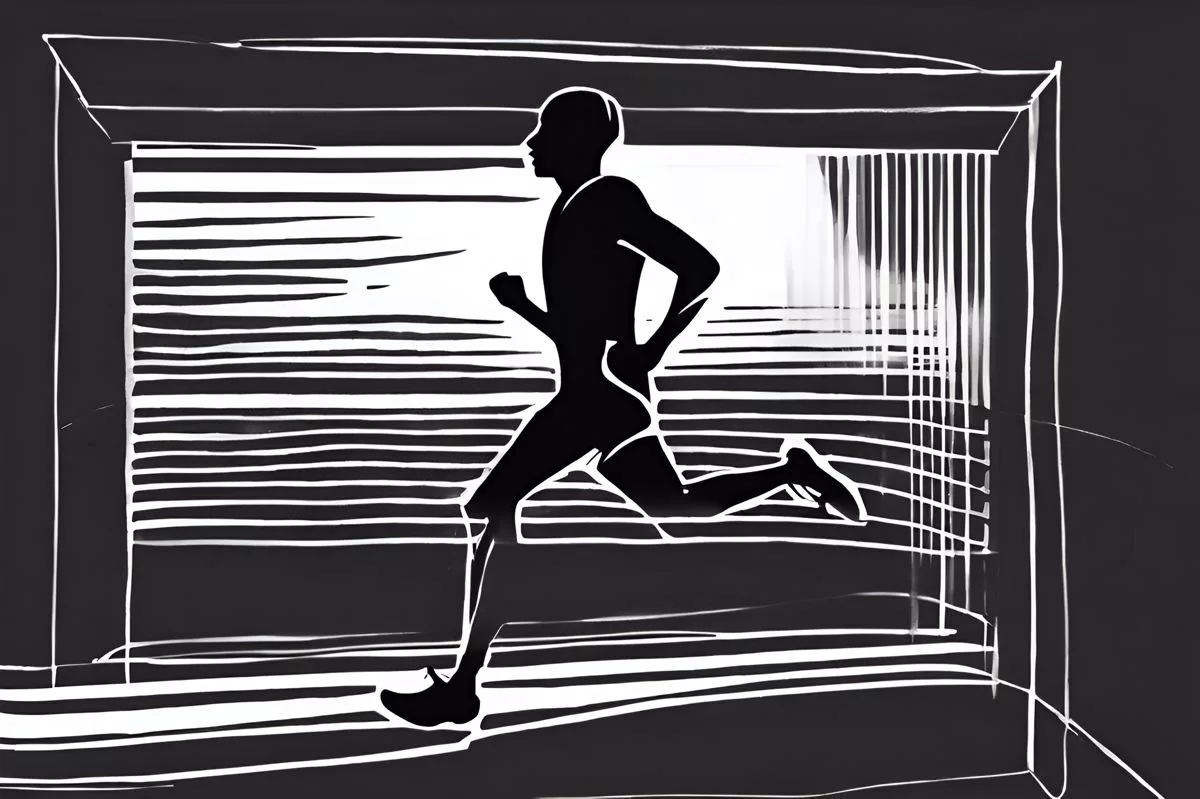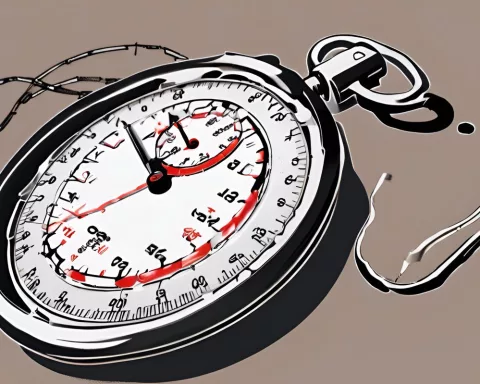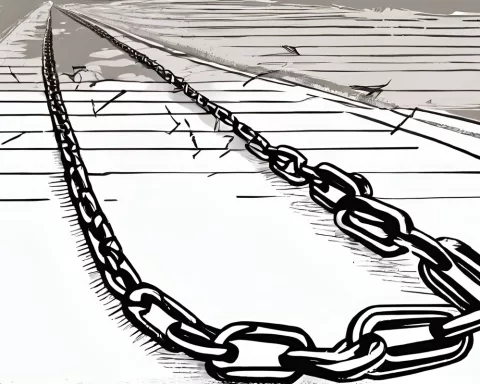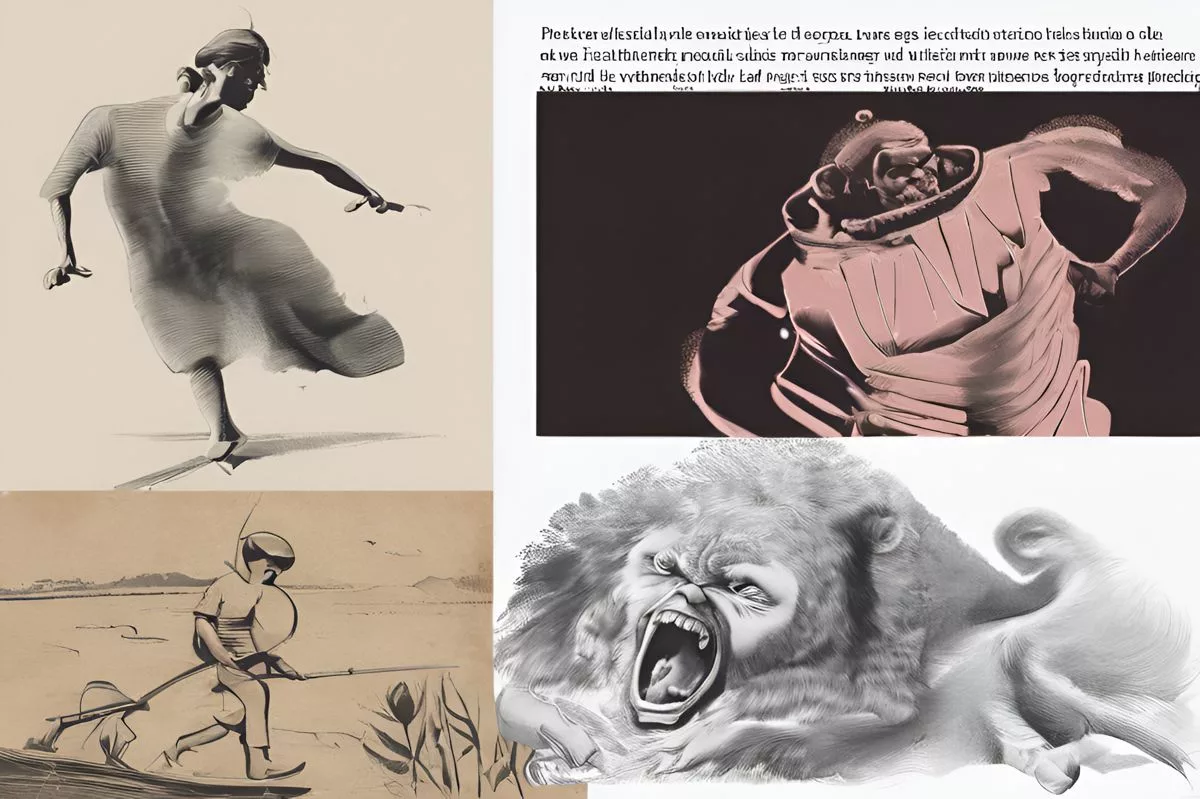Kelvin Kiptum was a Kenyan marathon runner who won all three marathons he participated in and set three of the seven quickest times in history, including the world record for the fastest time in a marathon. His sudden death at the age of 24 due to a car accident in February 2022 left a void in the athletics world, and his legacy as a national hero and a symbol of unyielding pursuit of excellence continues to inspire future generations of athletes. His funeral was a poignant event attended by distinguished athletes and officials, including Kenya’s President William Ruto and World Athletics chief, Sebastian Coe.
Who was Kelvin Kiptum and what was his legacy?
Kelvin Kiptum was a Kenyan marathon runner who held the world record for the fastest time in a marathon. Despite participating in only three marathons, he won all of them and set three of the seven quickest times in history. His sudden death at the age of 24 due to a car accident in February 2022 left a void in the athletics world, and his legacy as a national hero and a symbol of unyielding pursuit of excellence continues to inspire future generations of athletes.
A National Loss
In the core of Kenya’s renowned athletics stronghold, an enormous wave of mourners congregated to say their final goodbyes to the world marathon record holder, Kelvin Kiptum. A crowd comprising of distinguished athletes and officials, totaled in the hundreds, assembled on a Friday to pay homage to the late superstar. Unfortunately, his life came to a tragic end following a late-night car crash on February 11, mere months after he established a new marathon record in Chicago.
Kiptum was born, raised, and laid to rest in Kenya’s athletic epicenter. His sudden demise sent shockwaves throughout Kenya and the international athletics community. The widespread grief was evident at his ceremony in the Rift Valley hamlet of Chepkorio, which was attended by notable figures such as Kenya’s President William Ruto and World Athletics chief, Sebastian Coe.
The event was especially emotional for Kiptum’s wife, Asenath Rotich. Consumed by sorrow, she delivered a heart-wrenching tribute to her late spouse, revealing their unfulfilled dream of an April wedding. This touching instance served as a stark reminder of the personal lives of athletes, which usually remain hidden behind their professional fame.
An Unforgettable Legacy
Despite its brevity, Kiptum’s career was nothing less than phenomenal. He participated in only three marathons, but his unyielding spirit ensured victories in all, registering three of the seven quickest times in marathon history. His sudden departure at a tender age of 24 has created an irreplaceable void in the athletics world.
World Athletics chief, Sebastian Coe, in his deeply moving eulogy, emphasized Kiptum’s towering achievements and assured that his feats would be perpetually remembered as an integral part of athletics history. The remarkable record that Kiptum set at the Chicago Marathon in October validated this. He finished the marathon in a record-breaking two hours and 35 seconds, shaving 34 seconds off the previous fastest set by his Kenyan compatriot, marathon legend Eliud Kipchoge.
Kiptum’s influence and reputation within the athletics community were apparent in the widespread expressions of respect and sorrow. Kenya’s leading Daily Nation newspaper commemorated him with the front-page headline “Fare thee well champ.” The funeral witnessed mourners arriving at the crack of dawn, some wearing black T-shirts featuring Kiptum’s portrait.
Final Salute and Tragic End
The ceremony was punctuated by moments of intense emotion. A choir serenaded hymns as mourners viewed Kiptum’s body, displayed in a semi-open casket on a deep red carpet. Athletes, including record-holder Faith Kipyegon and two-time Olympic 800m champion David Rudisha, knelt in prayer by the casket, strewing it with pink and white rose petals in a profound act of respect.
In the days leading to the funeral, hundreds participated in a candlelight vigil in Nairobi, honoring the ascending star who was a top contender for the Paris 2024 Olympics. His body was then transported from Eldoret to his home village of Chepkorio, attracting hundreds of mourners en route. Recognizing Kiptum’s national hero status, the government constructed a new residence for his family near Eldoret, where he was ultimately laid to rest.
Kiptum’s sudden death resulted from a car accident near Eldoret, when his vehicle careened off the road into a ditch and hit a tree. A postmortem report confirmed severe head injuries as the cause of death. The same accident also claimed the life of Kiptum’s Rwandan coach, Gervais Hakizimana, who had been instrumental in the athlete’s journey since 2019.
Known for his strenuous training regimen, often exceeding 300km a week, Kiptum had recently expressed his ambitious goal of breaking the two-hour barrier at the Rotterdam Marathon in April. His unyielding pursuit of excellence encapsulates his enduring spirit, which will continue to inspire future generations of athletes.
1. Who was Kelvin Kiptum?
Kelvin Kiptum was a Kenyan marathon runner who won all three marathons he participated in and set three of the seven quickest times in history, including the world record for the fastest time in a marathon.
2. What was Kelvin Kiptum’s legacy?
Kelvin Kiptum’s legacy was as a national hero and a symbol of unyielding pursuit of excellence. His sudden death at the age of 24 due to a car accident in February 2022 left a void in the athletics world, but his legacy continues to inspire future generations of athletes.
3. Who attended Kelvin Kiptum’s funeral?
Kelvin Kiptum’s funeral was attended by distinguished athletes and officials, including Kenya’s President William Ruto and World Athletics chief, Sebastian Coe. Notable figures such as Faith Kipyegon and David Rudisha also paid their respects.
4. What was the cause of Kelvin Kiptum’s death?
Kelvin Kiptum’s death was due to a car accident near Eldoret, when his vehicle careened off the road into a ditch and hit a tree. A postmortem report confirmed severe head injuries as the cause of death.
5. Who else was affected by the car accident that caused Kelvin Kiptum’s death?
The same car accident that caused Kelvin Kiptum’s death also claimed the life of his Rwandan coach, Gervais Hakizimana, who had been instrumental in the athlete’s journey since 2019.
6. What was Kelvin Kiptum’s training regimen?
Kelvin Kiptum was known for his strenuous training regimen, which often exceeded 300km a week. He had recently expressed his ambitious goal of breaking the two-hour barrier at the Rotterdam Marathon in April.












